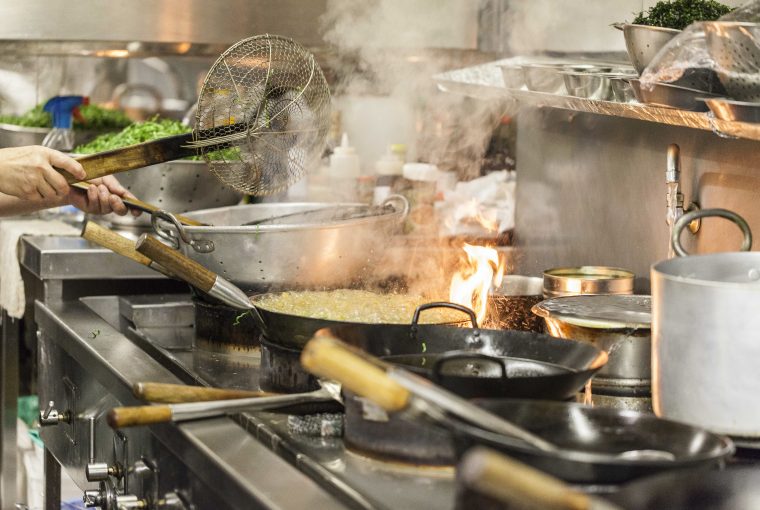Repair vs Replace: When to Replace Food Service Equipment
Commercial kitchens and other food service businesses are heavily reliant on their machines, including everything from dishwashers and ovens, to more specialist equipment like blast freezers. When something goes wrong with equipment like this, it’s essential that issue is solved to keep the business running as it should, but this raises the question: should you repair an old unit, or should you invest in something new? We’re going to take a look at some of the reasons why you might consider purchasing new rather than looking to repair commercial catering equipment.
Long-term reliability
The first point to think about is that older machines are naturally less reliable. Units like glass washers can be in constant use, day in, day out for years, so a repair may only be postponing the inevitable, rather than truly solving the problem. Equipment that’s in heavy use is more likely to suffer a fault, and older machines even more so. Once you’ve gone through with the expense of calling out a technician, paying for new parts and done this several times, in many cases it would have been more cost effective to simply buy a newer unit. Smaller repairs might be acceptable, but larger ones are often simply not worth it – and you can never be sure that the machine will run like new even once repaired.
Think about the business costs when machinery does fail – reliability is more valuable than you might think. If a glasswasher breaks, would you need an extra member of staff on shift to compensate?
Staying up to date
It’s easy to think of kitchen appliances as being fairly standard pieces of machinery that don’t change much year to year, but this really isn’t the case. Commercial manufacturers are constantly striving to improve the technological innovations built into their products. This means that sticking with an older dishwasher or oven could mean that you’re missing out on modern developments that make your business more efficient. This includes things like self-diagnosis technology that can make machinery more reliable.
And speaking of efficiency, it’s really important to think about energy use. At Eco Catering Equipment, we’re serious about helping our customers cut down on their use of gas, water and electricity. Modern food service equipment is much more environmentally friendly than in the past. Consider that a new unit could be more eco friendly and the associated cost savings in the long run.
Keeping costs down
The initial outlay to replace food service equipment is naturally a concern from anyone weighing up the pros and cons of repair versus replace, but consider that lots of new food service equipment can easily be financed. Interest-free credit and even rental contracts are widely available, allowing you to spread out the cost rather than have to find one lump sum. There are often tax benefits to finance and rental agreements making a new, financed purchase even more attractive.
Repair viability
And finally, is repair even a viable option? If you’re running very old machines, then you may well find that parts are either unavailable or prohibitively expensive. Commercial catering equipment life expectancy is long, and this might mean that your product is no longer in production. Certain refrigerators for example may use older gases that are no longer in use because of the harm that they do to the environment. Sticking with modern units that are still supported by their manufacturer is often the best option.
Get in contact!
Phone: 01582 865050
Email: [email protected]
Website: https://www.eco-catering-equipment.co.uk/
Instagram: https://www.instagram.com/eco_catering_equipment/
Twitter: https://twitter.com/Eco_Catering
Facebook: https://www.facebook.com/Eco-Catering-Equipment-212549602109241/




Useful information. Good article, very informative. Thanks for sharing
Thank you Michelle. Pleased you liked it.
Good and useful content, thanks for posting
You’re welcome. We’re pleased it helped.
The simple fact is the lifespan of each piece of restaurant equipment is completely unique. Although minor parts will need replacing over the range’s lifetime.
Thanks for the comment Andrew. You’re right, a lot does depend on the product itself, the level of usage and maintenance. Every kitchen is different. As you mention, parts may be required to extend the life of the machine. The balance is in trying to decide at which point the cost of repairs and maintenance are no longer viable and a new unit is the better economic option.